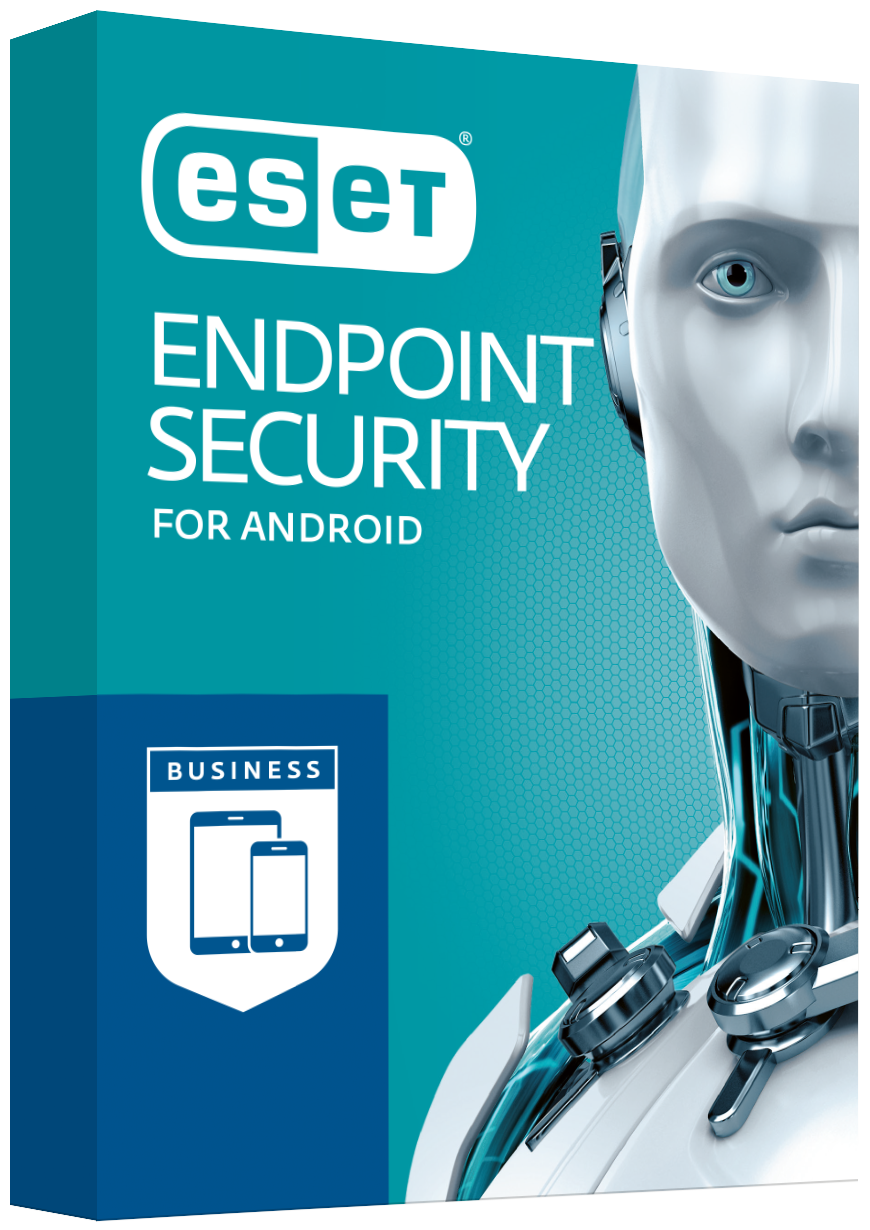

Define policies – administrator is able to define rules on specific types of devices that can be used on endpoint machines, either per user or per groups of users. Local override: If necessary, a local override of website blocking can be performed by launching an Internet browser with administrator privileges (provided administrators are excluded from the defined rules)ĭevice control: Monitors and regulates the use of certain types of devices (including removable media) on endpoints machines. User notifications: Displays a neutral blocking page whenever a user attempts to access a restricted site Filter websites by category: Over 140 categories of websites available for the administrator to choose from when defining rules, including the most critical ones from the business point of view (for example, legal liability sites) or sites that may impact IT infrastructure Define policies for Internet use: Define the categories of websites that users will be able to access, either per user or per groups of users Web control: Controls access to websites for users on your network using the following administrative functions: This feature is closely related to Host-based Intrusion Prevention System (HIPS). Self-Defense: Prevents malicious software from corrupting or disabling ESET Endpoint Antivirus or ESET Endpoint Security. Uses network filtering to monitor running processes, files and registry keys It protects critical system registry entries, processes, applications and files from unauthorized access and modification. Host-based Intrusion Prevention System (HIPS): Host-based Intrusion Prevention System (HIPS) is a behavioral scanner that protects your endpoints from behind-the-scenes tampering. It's a great product Eset strohgly recommends but it's very server oriented. The powerfull firewall and other features like device control are missing in EFS. Click to expand.I've read about Eset File Security which is optimized for file servers that once set don't require any user interaction at all.


 0 kommentar(er)
0 kommentar(er)
